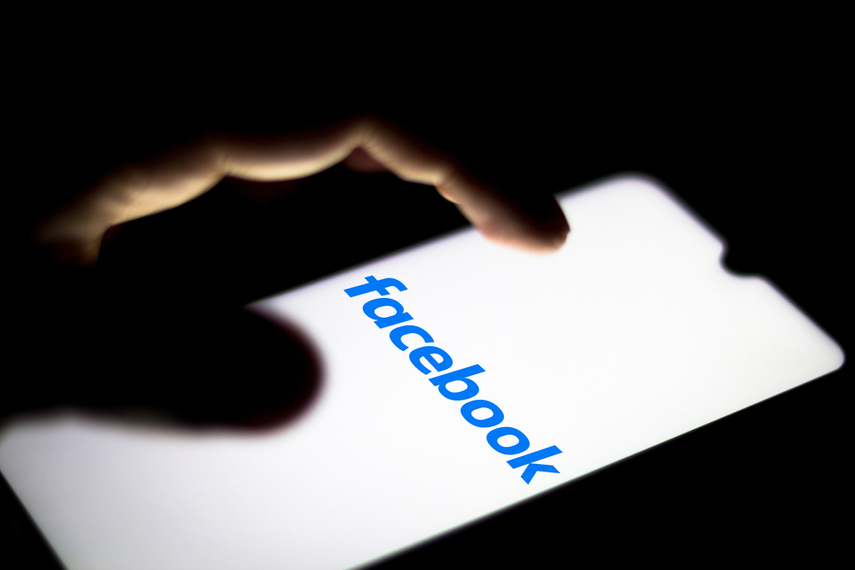
Please sign in or register
Existing users sign in here
Having trouble signing in?
Contact Customer Support at
[email protected]
or call+91 22 69489600
The social-media network has shed light on the scale of the coronavirus misinformation problem, with posts related to fake cures among the millions it has removed over recent months.

Contact Customer Support at
[email protected]
or call+91 22 69489600
Top news, insights and analysis every weekday
Sign up for Campaign Bulletins
LLMs today need to speak a variety of languages, not just English with an accent.
Employees are still looking for clarity around new policies regarding return-to-office, severance and more.
The deal looks to be worth over $80 billion, but faces antitrust resistance.
The review is at the chemistry stage.